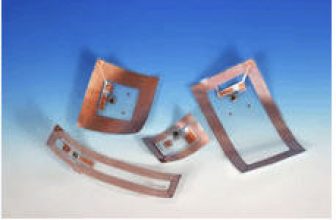
Using RFID and biometric technology to control counterfeit products
[ad_1]
In order to ensure that discarded pharmaceutical packaging is not used by related companies to repackage and sell counterfeit products, on December 20, 2011, a packaging design RFID solution for tracking expensive cancer treatments and hormone replacement drugs was used by the Lumbia chain pharmacy. Medicarte adopts.
“The medicines we provide for the health system are very expensive, and there is a big black market for medicines. We want to contribute to the control of this black market.” said Angela Maria Durango, the regional coordinator of Medicarte. “We want to use RFID technology and Biometric technology is used to obtain traceable data and use it to obtain information on the whereabouts of medicines.”
The application of this system in the medical field was developed by IDlink, which is an RFID solution provider based on Medellín, Colombia. When Medicarte pharmacy receives a batch of medicines from the pharmaceutical company, an RFID high-frequency label based on the ISO15693 air interface protocol standard will be affixed to each package. A Tagsys LP-101 aviation legislation will record the pre-encoded serial number of each tag according to the RFID reader of the tag station antenna.
The solution helps Medicarte keep track of how many doses of medicines are labeled and show how much doses are actually given to patients. In addition, the program can also help companies manage drug expiry dates. Entering the back-end system will find that the expiration date of each batch of medicines is associated with their serial number. When a pharmacy employee distributes a medicine that is about to expire and the medicine label is read, an alarm will pop up on the computer.
Durango said, “Although some procedures require some time at the beginning, such as when we receive medicines from suppliers, we take time to label them, but when we distribute medicines to patients and take back empty packages At that time, RFID helped us streamline some work procedures.”
By 2012, Medicarte plans to use near-field communication mobile phones to deliver medicines to patients’ homes. The delivery staff will be able to scan the high-frequency labels of the medicines on the transponder at the recipient’s residence. The software running on the mobile phone can send the serial number of the transponder to Medicarte’s ERP system, and judge whether the delivered medicine and the delivery address are correct according to the GPS coordinates of the mobile phone.
[ad_2]





